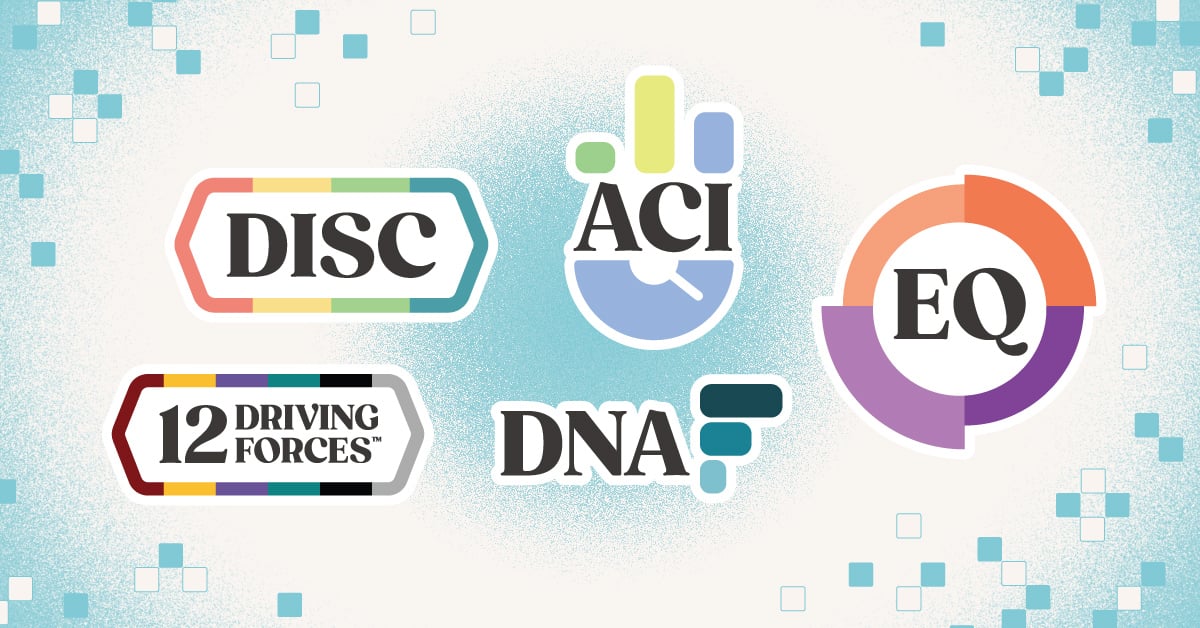Benchmarking Outlines the Personal Talents Jobs Call For
How do we truly know if an employee is a "fit" for the position?
Typically, employers deem competent and suitable candidates fit for a position if their resume represents experience matching the technical skills the job calls for.
But there’s more to it. Let me explain a bit further.
Recently, I observed the manager of a chain restaurant assisting his staff clearing tables and checking on customers who had already received their meals. I could tell he had lots of enthusiasm while doing his work.
When he stopped by my table, I made a point to mention that I thought he did an excellent job keeping the place running smoothly. He thanked me and said with great gusto, “I love my job!”
Over the years, I have asked successful sales people, customer service representatives and managers, who go the extra mile, how they go about achieving the results they do.
To a person, their first response is always, “I don’t know.” But when I profiled them, I discovered they had the personal talents the job called for — and they received an emotional reward for doing it.
Most of them had not completed a behavioral profile before and were surprised with how accurate the report characterized them.
People who are a clear fit for a position carry out the duties and responsibilities of the job because they have that inherent desire and drive. They receive emotional rewards that build their self-esteem.
As their self-esteem increases, it becomes easier and natural for them to routinely discover more and more good things about their job and the company. They become the people who help fellow colleagues become better team players, if not directly then indirectly.
Job descriptions are key in determining what personal talents are needed for prospective employees to be successful.
Sales people need personal talents for presenting, asking questions, listening and overcoming objections, all the while focusing on the end outcome. Managers need the personal talent for providing direction, follow up, holding people accountable and seeing the big picture.
However, the job benchmarking process is the ONE tool to truly determine if the candidate or incumbent has the personal talents to perform the job comfortably and with ease.
Most people can adapt if needed, but there is a price to pay for adapting.
In the end, the person who will be most comfortable performing the job goes about it with little fanfare and a desire to not only benefit their customers, but also drive performance and profits for the company.




